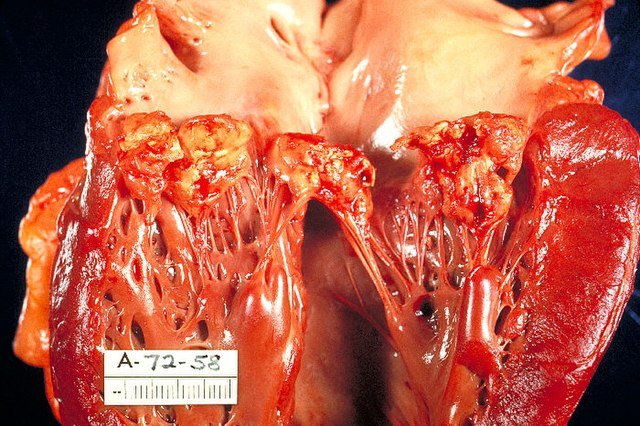Heart failure, a complex and multifaceted condition, poses a significant challenge for cardiologists worldwide. Accurate diagnosis and timely intervention are paramount in managing this chronic condition and improving patient outcomes. Echocardiography, revered as the cornerstone of cardiovascular imaging, plays a pivotal role in the comprehensive assessment of heart failure. Through high-resolution imaging and Doppler techniques, echocardiography provides invaluable insights into cardiac structure, function, and hemodynamics, enabling cardiologists to make informed clinical decisions.
Within the realm of heart failure diagnosis, echocardiography serves as a vital tool for assessing left ventricular systolic and diastolic function, detecting structural abnormalities such as ventricular hypertrophy and dilatation, and evaluating valvular function. These detailed assessments not only aid in the initial diagnosis of heart failure but also play a crucial role in risk stratification, treatment planning, and monitoring disease progression over time.
In recent years, advancements in technology, including the integration of artificial intelligence (AI), have further augmented the diagnostic capabilities of echocardiography. AI-driven algorithms enhance the accuracy and efficiency of image analysis, facilitating rapid interpretation and aiding clinicians in making informed decisions. By leveraging AI-powered software, healthcare providers can streamline the diagnostic process, reduce variability in interpretation, and improve the overall quality of care for patients with heart failure.
As cardiologists navigate the complexities of heart failure management, the synergy between echocardiography and AI holds advancement for diagnostic accuracy, treatment strategies’ optimization, reporting facilitation, and ultimately improvement of patient outcomes. By embracing technology and leveraging the unparalleled insights offered by echocardiography, cardiologists can continue to lead the way in the fight against heart failure, providing comprehensive care that transforms lives.

Disclaimer: Funded by the European Union. Views and opinions expressed are however those of the author(s) only and do not necessarily reflect those of the European Union or European Innovation Council and SMEs Executive Agency. Neither the European Union nor the granting authority can be held responsible for them.

